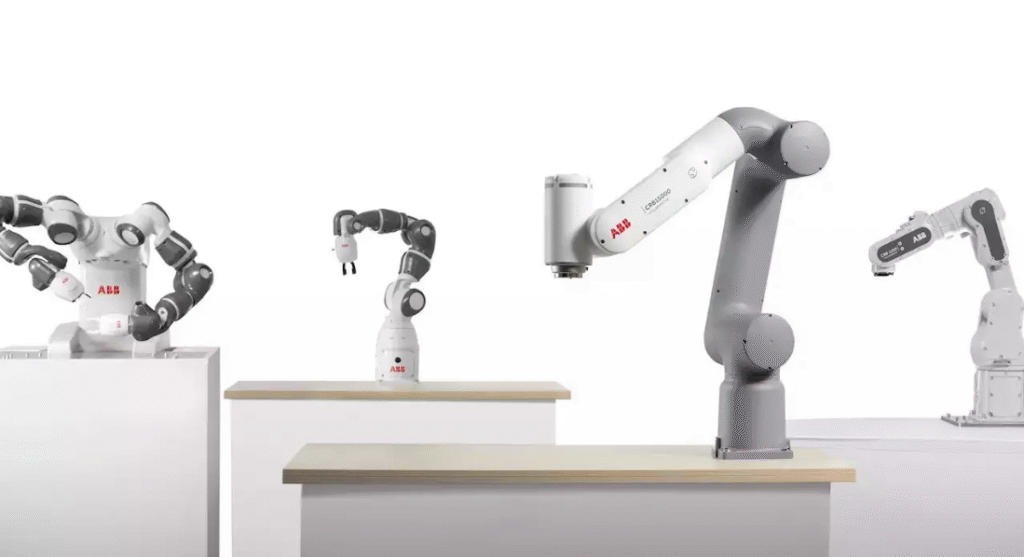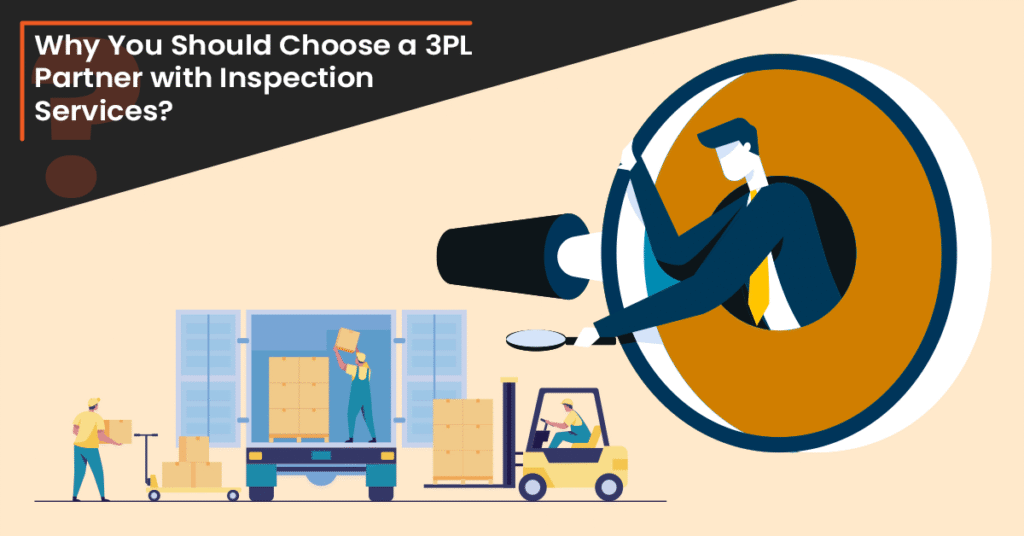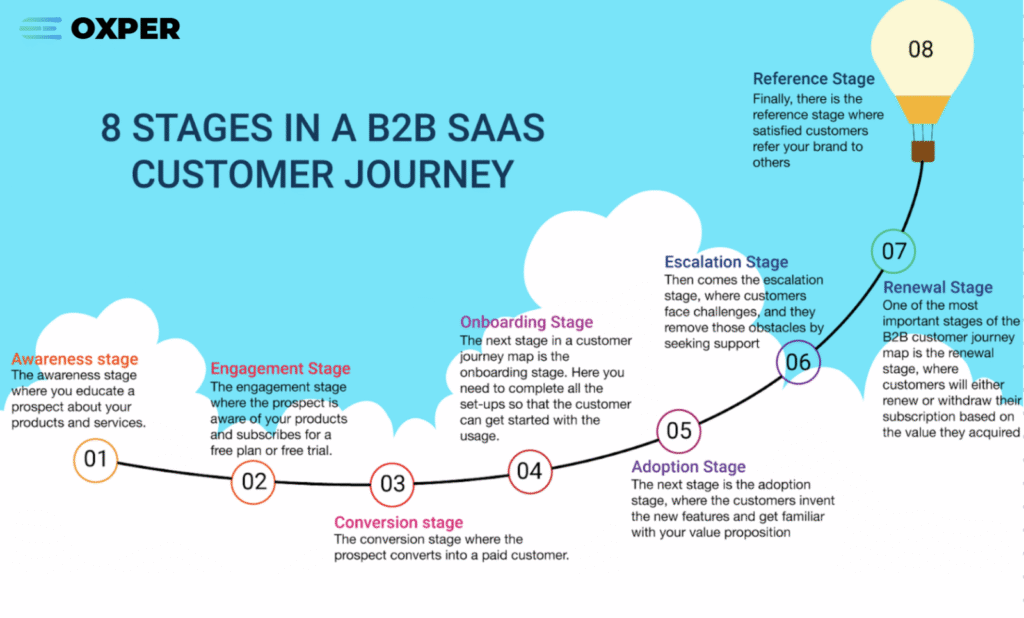As an ordinary Indian citizen, I truly appreciate the government’s ongoing efforts to rationalise GST on essentials like food, household products, and basic services—initiatives that reflect sensitivity to the needs of the common man and ensure necessities are not taxed like luxuries.
Yet, one anomaly continues to affect families like mine: domestic water purifiers.
Despite being essential for health and survival, they are taxed at a steep 18%, the same as cars and air-conditioners, while bottled water ironically attracts a lower tax rate. This feels unfair, because clean drinking water is not optional—it is a fundamental need. With only ~6% of Indian households using purifiers, far below global averages, lowering GST to 5% could make safe water accessible to millions.
Purifiers offer 24×7 reliable clean water, prevent waterborne diseases, reduce plastic waste, save fuel otherwise used for boiling, and directly align with national missions like Jal Jeevan and Swachh Bharat. Industry bodies have confirmed that reducing GST on purifiers would have minimal fiscal impact but massive public health and environmental benefits.
For families like mine, this is not about luxury—it’s about health, fairness, and survival.
Why Water Purifiers Matter More Than Ever?
India’s water quality challenges are neither hidden nor occasional. According to the Annual Ground Water Quality Report (2024) of the Central Ground Water Board, contamination from fluoride, arsenic, nitrates, and heavy metals is alarmingly widespread. For families in rural, semi-urban, and even urban belts, clean drinking water often isn’t available straight out of the tap.
This leaves us with three choices:
- Buy bottled water (which is both impractical and expensive for large families),
- Boil water on LPG (increasing fuel costs and adding to air pollution),
- Or install a domestic water purifier.
Yet, due to high upfront costs compounded by the 18% GST, water purifier penetration in India is still only ~6%, compared to about 20% in peer markets globally.
So many households wish for a purifier—but simply can’t afford one.
Why Bottled Water Gets a Tax Break but Purifiers Don’t?
Ironically, 20-litre bottled water cans are already taxed at 12%, and may soon move toward 5%. While these jars do help, they are not a sustainable option everywhere: constant refilling, dependence on logistics, and limitations in rural penetration make them more of a stopgap.
In contrast, a water purifier is a permanent solution at the point of use. It helps families access safe water 24/7, without depending on external supply chains. Shouldn’t they receive the same, if not greater, encouragement?
Health and Environment Go Hand-in-Hand
Water purifiers not only save households from stomach infections, jaundice, and other waterborne illnesses (which still account for 80% of illnesses in developing nations, as per WHO), but they also:
- Replace nearly 12,000 plastic bottles every year,
- Reduce LPG consumption, otherwise used to boil water,
- Align with government flagship initiatives like Jal Jeevan Mission, Swachh Bharat, and Plastic Waste Management Rules.
By enabling preventive healthcare, they reduce the load on hospitals, cut household medical bills, and improve national productivity—because fewer sick days mean more working days.
A Polite Appeal from Households Like Mine
As a citizen, I truly appreciate the government’s proactive approach to tax rationalisation. I also recognise that certain rate cuts do have fiscal implications. But when it comes to domestic water purifiers, even industry bodies like WQIA and CII have underlined that the fiscal impact of lowering GST from 18% to 5% will be minimal, given the current market size (~₹4,400 crore).
In return, the benefits would be immense: improved access for lower and middle-income families, reduced disease burden, lower plastic waste, and a healthier, more productive India.
Closing Thoughts
For an aam aadmi like me, this is not about lobbying, luxury, or convenience—it’s about health and survival. Clean drinking water is our basic right, not a privilege.
And that’s why, while I wholeheartedly thank the government for its consistent commitment to the affordability of essentials, I sincerely hope that domestic water purifiers, too, find their rightful place in the 5% GST slab.
Because when it comes to survival, taxation should never be a barrier.




















